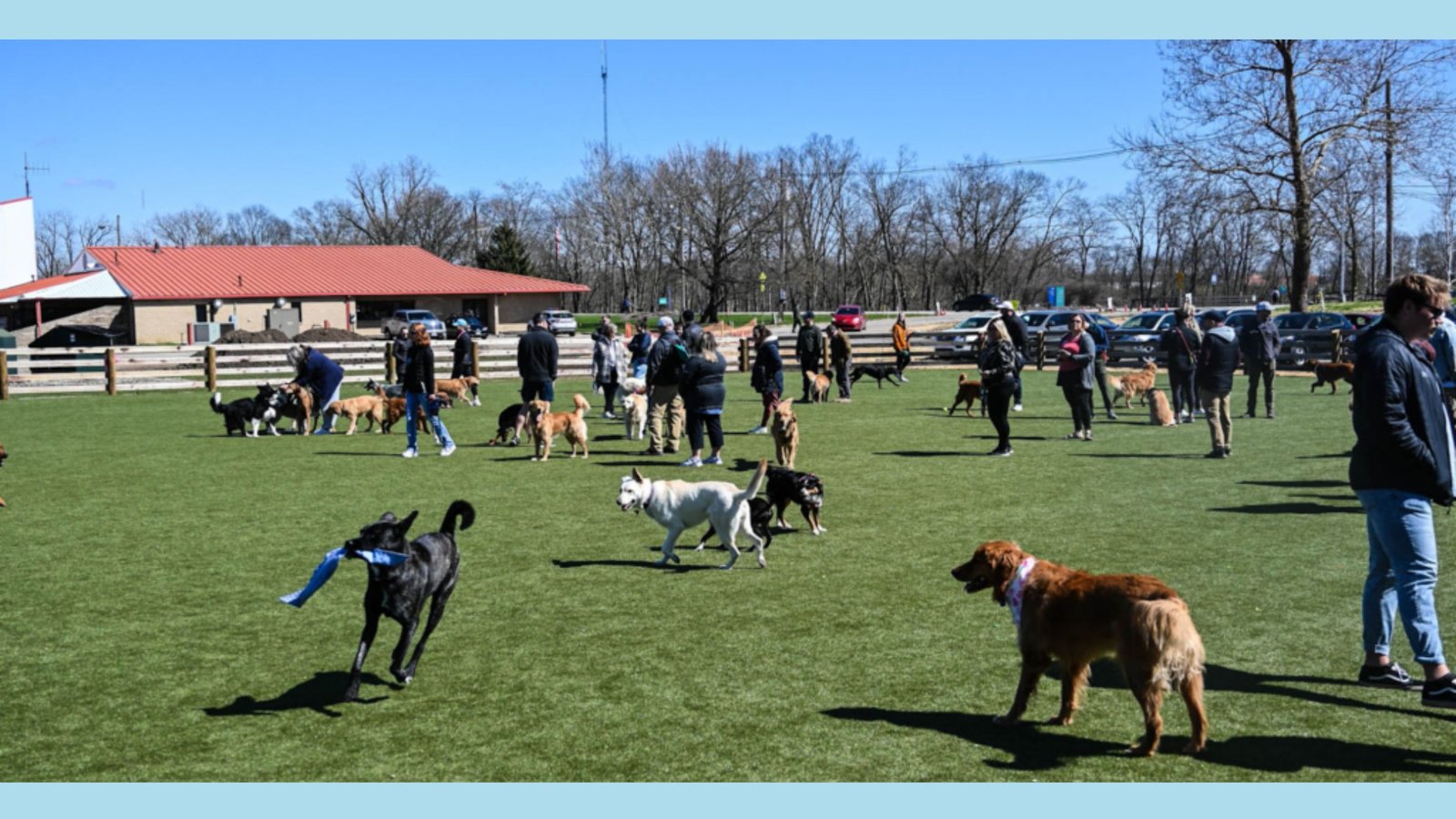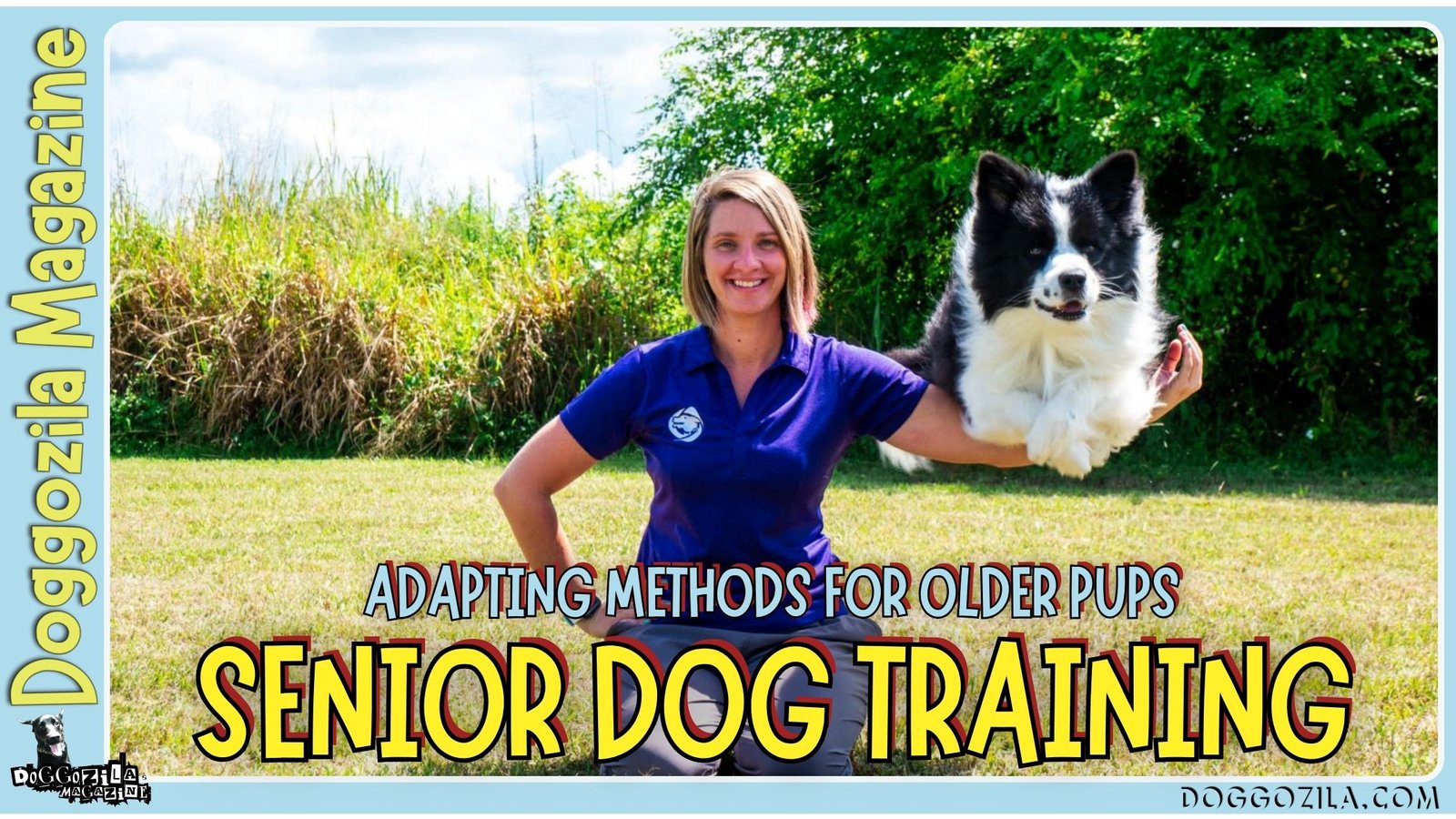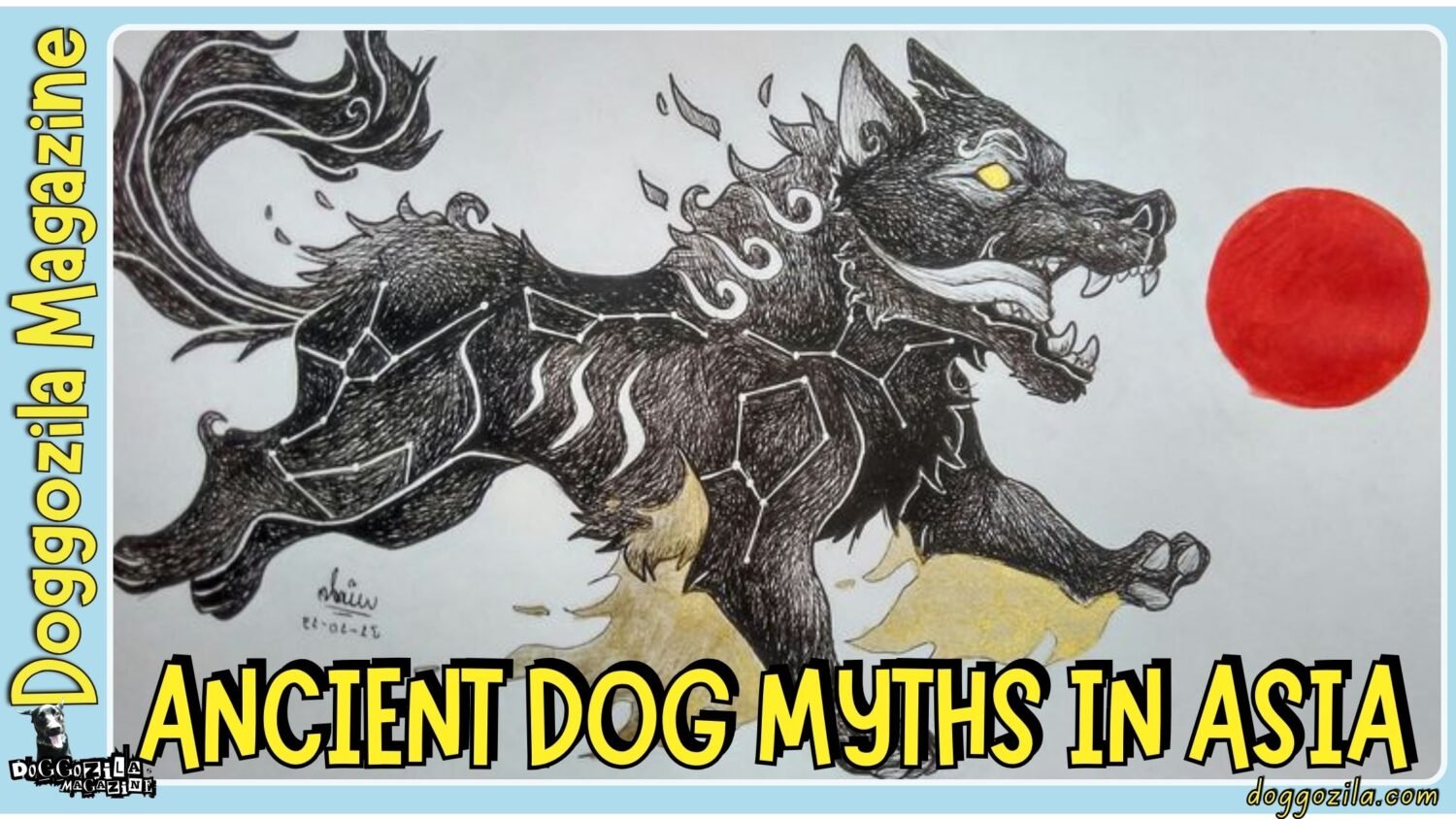As your furry friend ages, it’s essential to recognize the signs of aging and understand how to provide the best care for their changing needs. Here is how to recognize the signs that your dog is getting old!

THE JOURNEY OF AGING DOGS
In this blog post, we’ll explore the common signs that indicate your dog is getting old, the physical and behavioral changes associated with aging, and how to ensure your loyal companion enjoys their golden years with comfort, love, and dignity.
Check these signs that your dog is getting old. Dogs are loyal companions throughout their lives, and as they age, it’s crucial to recognize and respond to their changing needs. The aging process varies among individual dogs and is influenced by factors such as life stage, size, and breed.
Understanding the Aging Process in Dogs
- Life Stage and Size: A dog’s life stage plays a significant role in the aging process. It is a fact that the smaller dog breeds tend to have longer lifespans than larger breeds.
- Physical Changes: Aging dogs experience various physical changes, including changes in coat color, reduced muscle tone, and a decrease in sensory perception.
- Behavioral Changes: Behavioral changes may manifest as decreased energy levels, altered sleep patterns, and changes in social interactions.
Signs that Your Dog is Getting Old and Entering The Senior Golden days
- Changes in Appearance: Gray fur, a slower gait, and clouded eyes are common signs of aging in dogs. However, these changes can also be indicative of specific health issues.
- Altered Energy Levels: Older dogs often exhibit lower energy levels and may tire more quickly during physical activities.
- Joint and Mobility Issues: Arthritis and joint problems are common in aging dogs, leading to stiffness, difficulty in movement, and a reluctance to engage in physical activities.
- Dental Health Problems: Dental issues become more prevalent as dogs age, affecting their ability to eat comfortably and leading to potential weight loss.
- Cognitive Changes: Cognitive dysfunction syndrome (similar to dementia in humans) can affect senior dogs, resulting in disorientation, changes in sleep patterns, and altered behavior.
The Importance of Regular Veterinary Check-ups for Senior Dogs
- Senior Wellness Exams: Regular check-ups are crucial for identifying and addressing age-related health concerns in a timely manner. These exams often include blood work and screenings.
- Common Health Conditions in Aging Dogs: Arthritis, dental issues, vision problems, and cognitive dysfunction are among the most common health conditions affecting aging dogs.

HOW TO ADAPT YOUR DOG’S ENVIRONMENT?
- Comfortable Living Spaces: Provide your senior dog with a comfortable, easily accessible living environment. Consider orthopedic beds and ramps for higher surfaces.
- Nutritional Considerations: Dietary needs change as dogs age. Specialized senior dog food or dietary supplements may be necessary to address specific health concerns.
Maintaining Mental and Physical Stimulation in Dogs
Keeping your aging dog mentally and physically active is essential for their overall well-being. Engage in gentle exercise, interactive play, and mental stimulation activities.
Signs of Emotional Well-being and Healthy Dog Companionship
Senior dogs thrive on companionship and the love of their human family. It is proven that spending quality time with your aging dog is essential for their emotional health and could expand their life span.
Making End-of-Life Decisions
- Quality of Life Assessment: Evaluating your dog’s quality of life is crucial in making end-of-life decisions. Consult with your veterinarian to assess pain and suffering.
- Palliative Care and Hospice: If your dog has a terminal illness or experiences a severe decline in health, palliative care and hospice can provide comfort and support in their final stages of life.
Nurturing the Bond in The Dog’s Golden Years
Recognizing the signs of aging in your dog and understanding their changing needs is fundamental to providing the best possible care in their golden years. By adapting their environment, maintaining physical and mental stimulation, and offering unwavering love and companionship, you can ensure that your aging dog enjoys a comfortable, dignified, and fulfilling life. Remember, the journey of aging dogs is a testament to the enduring bond between humans and their faithful canine companions.

HOW TO TREAT YOUR SENIOR DOG: WHAT ARE THE SIGNS OF A GOOD LIFE?
As our beloved dogs age, their needs change, and they require specialized care to ensure a comfortable and healthy life in their senior years. In this in-depth guide, we will explore how to treat your senior dog with love and attention. We’ll cover common health concerns in aging dogs, dietary considerations, exercise and mental stimulation, and ways to enhance their quality of life, so your loyal companion can enjoy their golden years to the fullest.
The Signs of Great Golden Years and The End of Journey for a Senior Dog
Senior dogs have provided years of love and companionship, and it’s our responsibility to ensure they enjoy their golden years with the same care and devotion.
- Life Stage and Size: A dog’s life stage and size significantly influence their aging process. Smaller breeds generally live longer than larger ones.
- Common Health Concerns: Senior dogs often face various health concerns, including arthritis, dental problems, and cognitive dysfunction.
- Signs of Aging: Identifying the signs of aging, from grey fur to changes in energy levels and behavior, is crucial in providing the right care.
Dietary Considerations for Senior Dogs
- Specialized Senior Dog Food: Senior dog food is designed to meet the unique dietary needs of aging dogs. It helps address common age-related health issues.
- Supplements: Supplements such as glucosamine and chondroitin can aid in joint health and mobility.
- Hydration: Ensuring your senior dog remains adequately hydrated is vital for overall health.

WHAT IS THE BEST EXERCISE AND MENTAL STIMULATION FOR SENIOR DOGS?
Gentle physical activities are needed when your dogs enter the golden days of their life. Regular, low-impact exercise helps maintain muscle tone and joint flexibility. Mental stimulation through puzzle toys and training games keeps your senior dog’s mind sharp.
What Are The Common Health Signs to look For in Your Senior Dog?
- Arthritis and Joint Problems: Arthritis is common in senior dogs and requires pain management and joint support.
- Dental Health: Dental problems can affect an older dog’s ability to eat comfortably and may lead to weight loss.
- Cognitive Dysfunction: Cognitive dysfunction syndrome, akin to dementia, can cause disorientation and changes in behavior.
- Senior Wellness Exams: Frequent veterinary check-ups help detect and manage age-related health concerns.
- Pain Management: Veterinarians can recommend pain management strategies for joint pain and discomfort.
Why Adapting Your Dog’s Living Environment is Important?
- Comfortable Living Spaces: Make your home comfortable and accessible for your senior dog. Consider orthopedic beds and ramps for mobility.
- Mobility Aids: You should add mobility aids such as walking ramps and harnesses, those can help your dog move more comfortably.
Emotional Well-being and Companionship
- Reducing Stress and Anxiety: Senior dogs may experience increased anxiety. Creating a calming environment is essential.
- Quality Time Together: Spending time with your dog, offering companionship, and addressing their emotional needs is crucial.

WHY End-of-Life Decisions and Palliative Care IS ESSENTIAL?
- Quality of Life Assessment: Evaluating your dog’s quality of life helps make informed end-of-life decisions.
- Hospice and Palliative Care: In some cases, hospice and palliative care can offer comfort and support in your dog’s final stages of life.
What Are The Signs of Emotional Wreckage After Losing a Dog?
When a dog dies, it can leave behind an emotional wreckage that can be hard to overcome. Further in this article, we will discuss how to cope with the emotional wreckage after losing a dog.
- Allow yourself to grieve – Losing a dog is like losing a family member.
- Talk about your feelings – Talking about your feelings can help you process your emotions and come to terms with your loss. Reach out to friends and family members who understand what you’re going through.
- Create a memorial – Creating a memorial for your dog can help you honor their memory and keep them close to your heart. You can create a scrapbook, plant a tree, or make a donation in their name.
- Seek professional help – If you’re having trouble coping with your loss, consider seeking professional help.
- Take care of yourself – Dealing with your feelings after losing your dog can be emotionally and physically draining. Make sure you take care of yourself so that you can process your loss.
Losing a dog is never easy. Talking about your feelings, creating a memorial, seeking professional help, and taking care of yourself can all help you cope with the emotional wreckage after losing a dog.
The Final Thoughts About The Signs that Your Dog is Getting Old
In conclusion, treating your senior dog with love and care is a testament to the enduring bond between humans and their loyal dogs. By understanding their unique needs, adapting their environment, and providing physical and emotional support, you can ensure your senior dog enjoys a fulfilling and comfortable life in their golden years.
Remember, the journey of senior dogs is a shared one, filled with cherished moments and lasting love. Hopefully there is still time until this stage, so recognizing the signs that your dog is getting old are kinda important!
If you are interested in senior dog diet, check the Wiki Pages!









